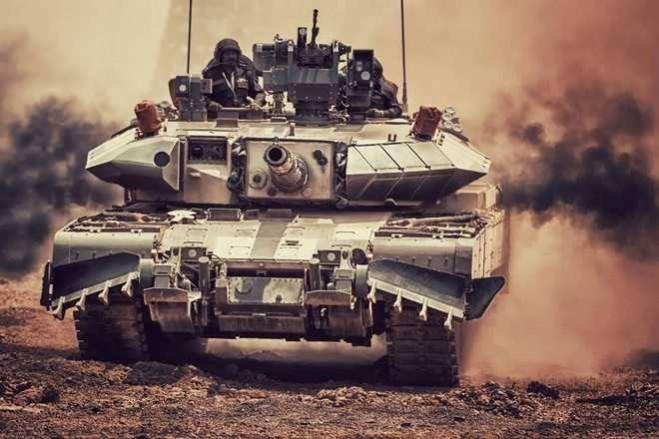The nation today paid tribute to General Krishnaswamy Sundarji, former Chief of Army staff on his 22nd death anniversary. General K Sundarji, from 1986 to 1988, served as Chief of the Indian Army Staff. He was the last former officer of the British Indian Army to lead the Indian Army.
Born in 1928, Sundarji graduated from Madras Christian College and, two years before Independence, joined the British-Indian army in 1945. A year later, he was commissioned into the prestigious Mahar infantry regiment and sent to the NWFP (now in Pakistan) to permanently suppress insurgents Pathan tribesmen at war with the colonial government.
The whisky-sipping Sundarji, known as the 'thinking general,' also raised the mechanised infantry regiment and was credited for reorganizing the working and cumbersome procurement policies of the army.

Krishnaswami Sundarji was one of India's most brilliant, ambitious and at times controversial army chief of staff, who dedicated the army to a disastrous peace-keeping operation in Sri Lanka for a little over two years in office and took India close to war with Pakistan and China on at least two occasions.
Operation Brasstacks
In the late 1980s, Sundarji conducted Operation Brasstacks, India's largest-ever military exercise, dramatically rising tensions with Pakistan, who feared an invasion under the pretext of peacetime manoeuvres. The goal of Brasstacks was to split the southern Pakistani province of Sindh in two, in order to make it possible for India to reach the heartland of Punjab in Pakistan.
Moreover, in order to settle the Kashmir conflict over which the nuclear-capable neighbours have fought two of their three wars since Independence in 1947, Sundarji also planned a secret, winter offensive against Pakistan-occupied Kashmir, in which he was willing to take an extraordinarily high casualty rate in snowbound, inhospitable terrain at heights of over 14,000 feet. He accomplished the herculean task of ferrying tanks for the daring operation to a height of almost 13,000 feet but was ordered to call it off by then PM Rajiv Gandhi at the last minute.

Sumdorong Chu incidence
In 1986, the PLA made deep intrusions from across Line of Actual Control (LAC) in the Sumdorong Chu Valley of Arunachal Pradesh and began erecting helipads and permanent structures. Later that year, then Army Chief Gen K Sundarji initiated what would later be recognised (though never officially recognised) as Operation Falcon. An entire infantry brigade was airlifted to a makeshift landing area at Zimithang, near Sumdorong Chu.

Western diplomats expected war and advisors to Prime Minister Rajiv Gandhi alleged that the recklessness of Sundarji was responsible for this. But a firm General Sundarji stood his ground, and even told a senior Rajiv aide, 'Please make alternate arrangements if you think you are not getting adequate professional advice'. 'The civilians backed off, so did the Chinese' as Claude Arpi, a well-known sinologist later wrote.















